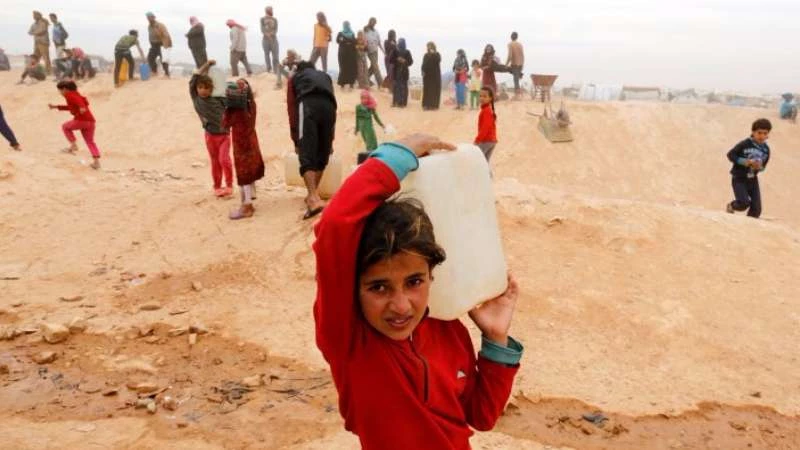Safe zones, seen as a compromise between the options of a military solution and absolute retreat, was suggested by Turkey nearly a year ago, but was opposed by Russia. Now, following Russian-Turkish rapprochement, Moscow says it does not oppose the idea, but it would require approval by the regime, which said any attempt to create safe zones without coordinating with it would be unsafe.
Can safe areas, based on previous experiences, really provide safety, or they are just an easy alternative to the ultimate military solution? In modern history, there are many examples of safe zones that failed. During the Bosnian war, the UN declared the town of Srebrenica a safe zone, but Serb forces massacred and raped thousands of people there.
However, the US set up a safe zone in northern Iraq in 1991, and introduced a no-fly zone and military presence that protected Kurds for more than 12 years, though it required a large military presence and financial costs.
What we can learn from both examples is that areas that are intended as safe havens for civilians require a political decision, a large military presence and huge resources. This would be complicated in Syria, whose people have fled the brutal bombings of a regime bolstered by Iran and Russia. Who will enforce the safe zones? What about the Turkish and European positions, not to mention that of the US, which is now allied with Moscow?
Is it possible to create safe areas for Syrian refugees that would be enforced by the regime, Moscow and Tehran, which are the main cause of Syrian deaths and displacement? Bashar Assad recently reiterated that “Syria’s social fabric” is “much better than before the war began.” His statement indicates that the regime believes the return of refugees to their country would tear apart that social fabric.
Syrian refugees have become a major source of confusion for the world. Neighboring Turkey, Jordan and Lebanon want to be relieved of this heavy burden, so they may turn a blind eye to the dangerous move of transferring refugees to areas that would not be safe if they remained under regime control. Meanwhile, the international community is exerting enormous pressure to prevent refugees from seeking asylum in Western countries.
Talk of safe zones is an evasion of major international responsibilities toward the ongoing tragedy in Syria. More dangerously, the move would forcibly transfer and put Syrian refugees under the mercy of the very parties that have caused their misery.
Diana Moukalled (Arab News)



التعليقات (0)